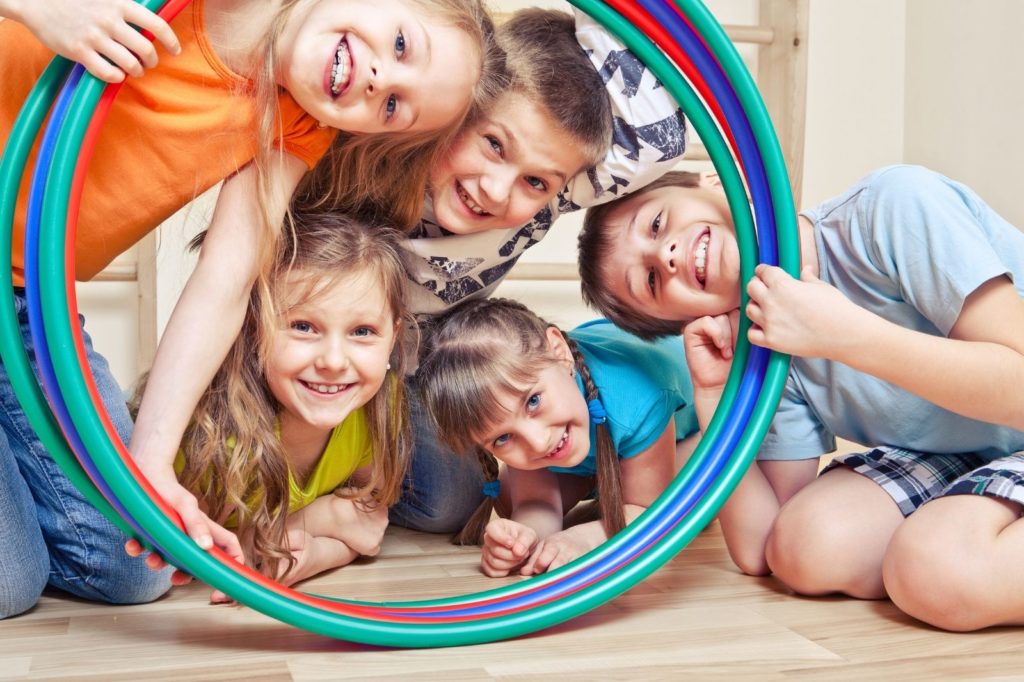Few people – if any – would argue that the mental health of our children is not important. Quite the opposite, children’s mental health can have a profound effect not only on their quality of life, but also on the quality of the communities that surround them. A happy, healthy child grows into a happy, healthy adult. Unfortunately, that future isn’t a guarantee for any child, and even less so for children experiencing mental illness.
One in five children will experience mental illness in their lifetime. That equates to more than 80,000 children in Bexar County alone. For those children that are properly diagnosed as having a mental illness, only 20% of those children will receive the treatment that they need.
The data is shocking and saddening, and it seems to indicate that incidences of mental illness among children are on the rise. But is it accurate? Are we just better at diagnosing mental illness? Or have we been able to remove some of the stigma associated with mental illness, and more incidences are being discussed?
More diagnoses or just a better understanding?
In a 2013 Slate article, author Robin Rosenberg attempts to uncover the “whys” behind the increase in mental illness diagnoses. Rosenberg says, “First, we’ve gotten better at detecting mental illness and doing so earlier in the course of the illness …. If we are better at spotting it, we can treat it. And if we detect it earlier, we can, hopefully, intervene to reduce the intensity and/or frequency of symptoms. For instance, people who decades ago may have had undiagnosed attention deficit hyperactivity disorder, depression, or substance abuse are now more likely to have their problems recognized and diagnosed. But the increased awareness and detection translates into a higher rate of mental illness.”
Rosenberg continues, “Second, we really are getting ‘sicker.’ The high prevalence of mental illness in the United States isn’t only because we’ve gotten better at detecting mental illness. More of us are mentally ill than in previous generations, and our mental illness is manifesting at earlier points in our lives.”
Consider this: According to a 2016 interim report from the State of Texas’ House Select Committee on Mental Health, there is no doubt that mental illness is taking a toll on the state’s youth. Some of that data are:
- Half of mental health conditions begin by age fourteen
- Nearly 250,000 children have a serious emotional disturbance (SED)
- Approximately 26,300 Texas students are receiving special education services with a primary diagnosis of emotional disturbance;
- Approximately 32,000 children are in Department of Family Protective Services (DFPS) conservatorship, and it is estimated that over fifty percent of those children have a diagnosed mental illness;
- Approximately 50 percent of youth in the juvenile justice system have been identified with need for mental health treatment
Rosenberg points to the role the Diagnostic and Statistical Manual of Mental Disorders, more commonly referred to as DSM, plays. The DSM is the manual through which the US defines mental illnesses, and Rosenberg uses its various versions to illustrate her statement that we are getting “sicker” by indicating the evolution of diagnoses definitions in the ubiquitous manual.
So, what are we to conclude as parents? There are probably multiple answers to why the number of kids affected is growing. What is clear is that many are experiencing mental illness, and the earlier children get the help they need, the better off they will be. . .
With an eye to the best for our kids,
Michele Brown
In case of a medical emergency, please call 911. For a child’s mental health emergency (ages 3 to 17), call Clarity Child Guidance Center at 210-582-6412. Our crisis service department accepts walk-ins 24/7. You can find directions to our campus here. Please do not hesitate to reach out to us. We are here to help!










